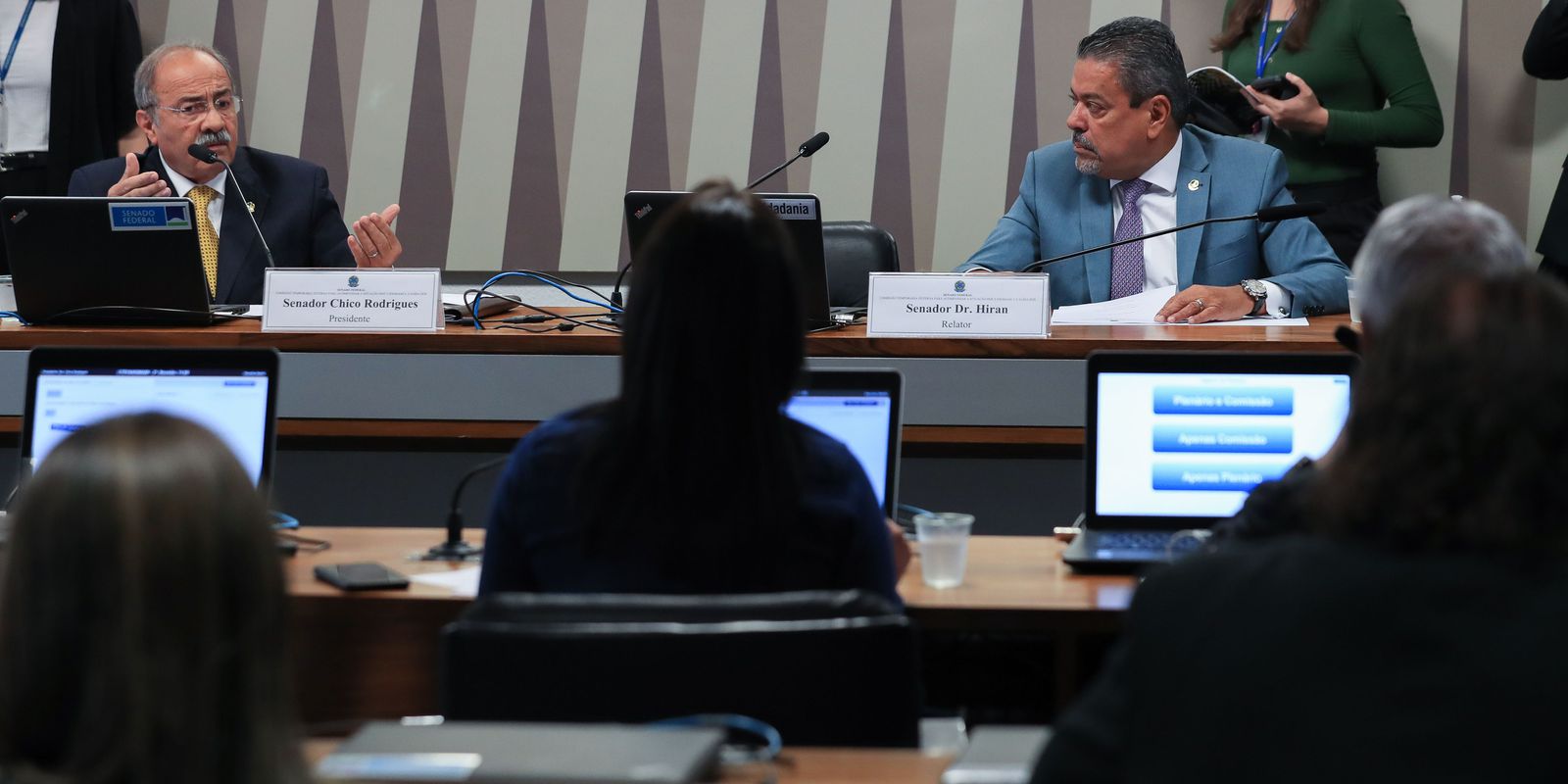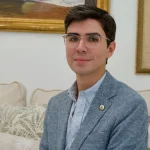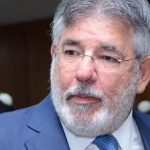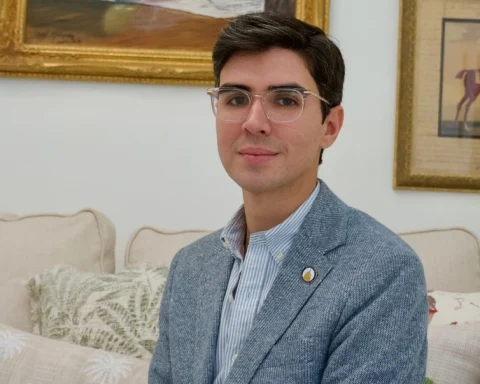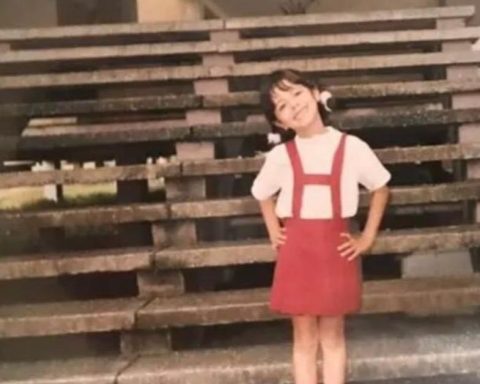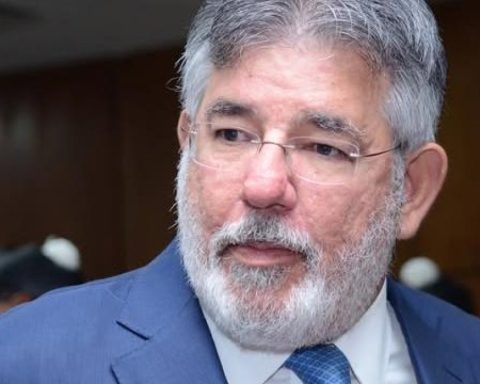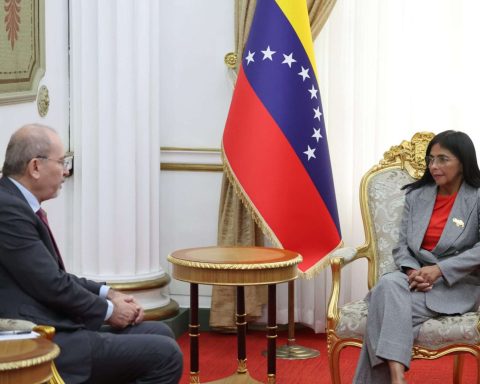Impasse in the composition of the Temporary External Commission that will monitor the situation of the Yanomami and the departure of the miners from the indigenous land prevented the collegiate’s attempt to approve the work plan at a meeting of the group this Wednesday (1st). 
The document was read by Senator Dr. Hiran (PP-RR), but after a challenge from Senator Eliziane Gama (PSD-MA), the vote on the schedule was postponed to next Tuesday (7). For the senator, the plan should be voted only after the collegiate has all the names indicated.
Initially, the collegiate would have five senators, but yesterday (28) the Senate approved in plenary the request of the senator to increase it to eight members. The request came from her and Senator Humberto Costa (PT-PE). According to the parliamentarians, the current formation has a majority of the Roraima bench, including parliamentarians accused of having a direct connection with miners.
In the application, Eliziane Gama highlights the recommendation of the Missionary Indigenous Council (Cimi), for a change in the structure of the collegiate precisely to prevent it from becoming a pro-mining commission. She argues that the reason for the expansion of the commission is to achieve “greater participation and parliamentary representation and, consequently, improve the work of the Commission in favor of building solutions to the current Yanomami humanitarian crisis”.
As there are three vacancies and at least four senators claiming the seats – Damares Alves (Republicans DF), Marcos Pontes (PL-SP), Leila Barros (PDT-DF) and Fabiano Contarato (PT-ES) – it will be up to the president of the Senate, Rodrigo Pacheco (PSD-MG) indicate the names among the candidates. Senators expect this to be done later this week.
Timeline
According to the schedule read at today’s meeting, the idea is to vote on the final report by May 5th. Until then, several public hearings will be held to hear indigenous populations that own the Yanomami Indigenous Land, representatives of miners, civil society and the government.
“The work of the commission will focus on identifying bottlenecks or failures in public power action, legislative gaps and other relevant aspects of the question investigated so that, in the end, legislative solutions are proposed and, also, recommendations to the Executive Power to face the challenges. difficulties encountered”, says the schedule.
The plan presented proposes two diligences in the state of Roraima, with the objective of listening to the population directly affected by the humanitarian crisis and the local authorities “in order to identify the main problems in the social, public health and environmental aspects”.
The steps should include hearings and visits to the facilities of the Campaign Hospital in the region of Surucucu, the Casa de Saúde Indígena in Roraima and the Children’s Hospital in Boa Vista.
